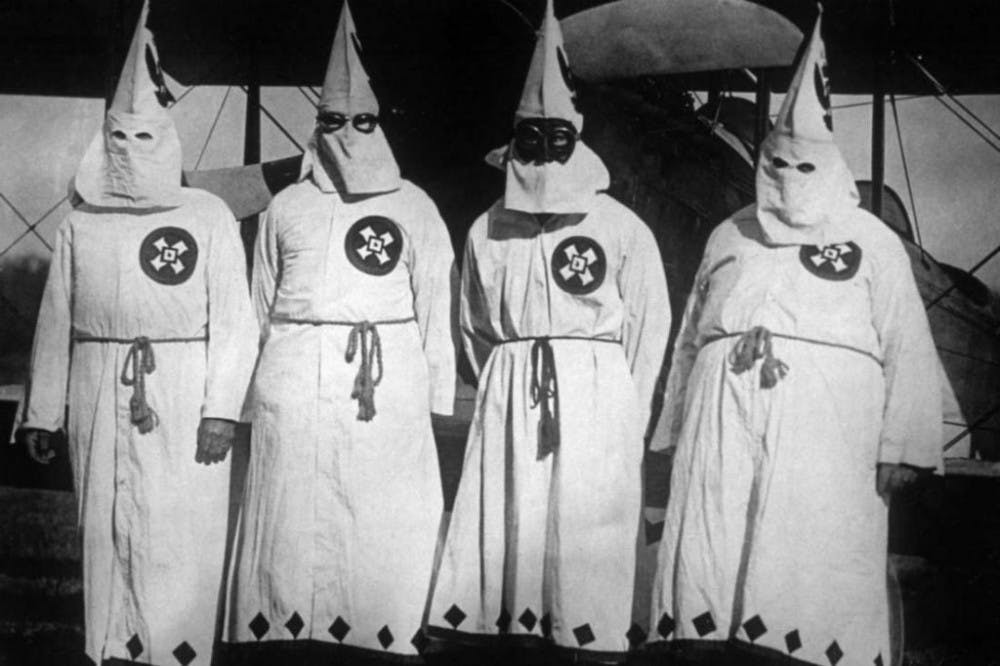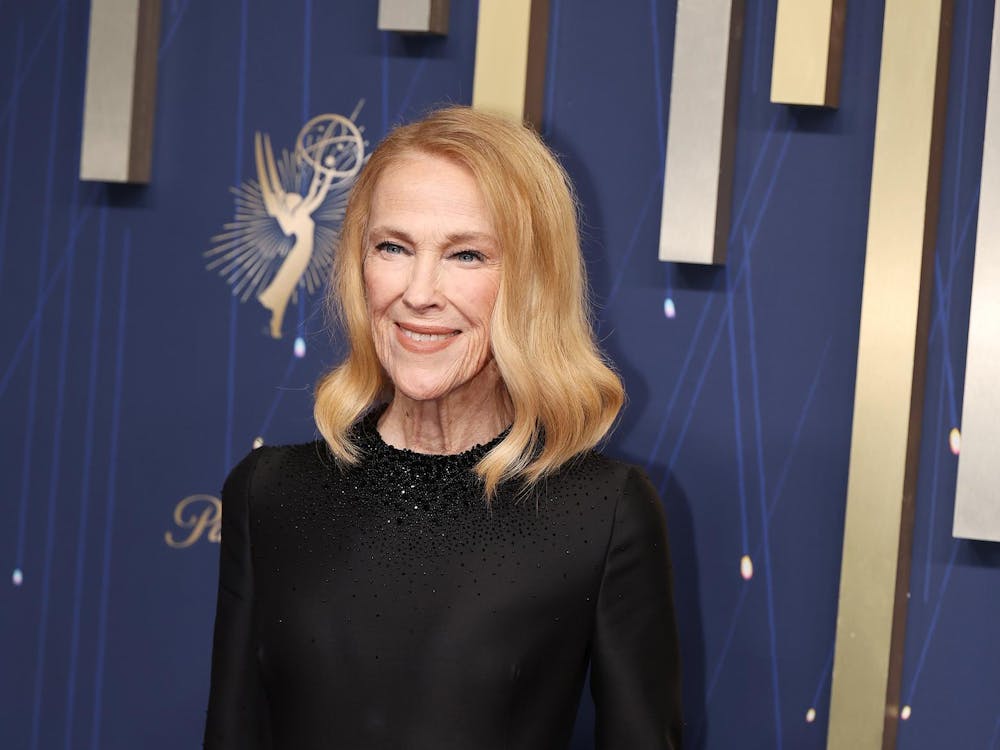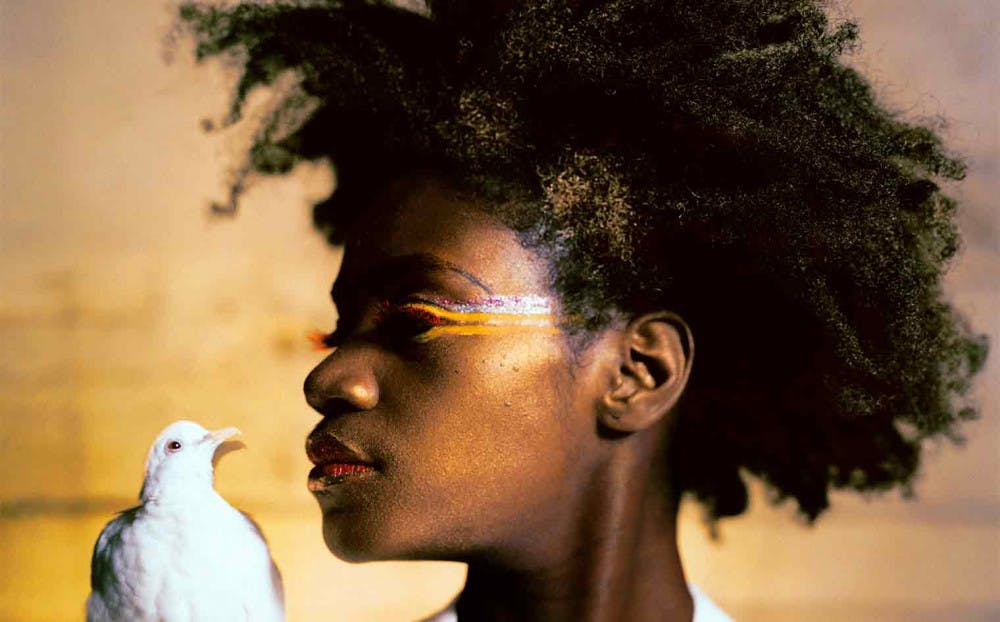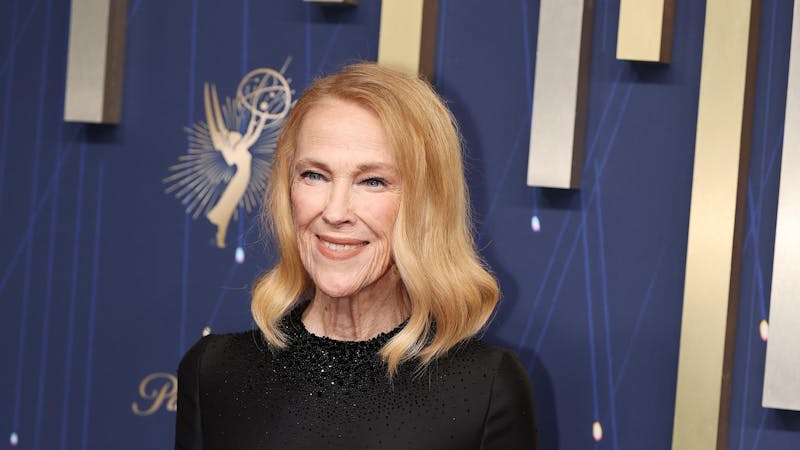By Emily Reuben
The opinions and views expressed in Documenting Docs are those of the author and do not reflect the opinion of Byte or Byte’s editorial board.
Representation is important. This is a simple statement but an often ignored fact. People are judged more harshly based on stereotypes presented on screen. An article posted by The Guardian elaborates on this idea:
“These portrayals, constantly reinforced in print media, on television, the internet, fiction shows, print advertising and video games, shape public views of and attitudes toward men of color. They not only help create barriers to advancement within our society, but also “make these positions seem natural and inevitable”
So obviously media portrayals can have a substantial impact on how African Americans are viewed by other races, but how do these stereotypes, often perpetuated by white people, impact African Americans themselves?
This is the premise of Thomas Allen Harris’ documentary, Through a Lens Darkly. The film is incredibly upfront in detailing the misrepresentation of African Americans by white artists and doesn’t shy away from showing the negative impacts of these depictions.

It shows us the disturbing lynch photographs and minstrel illustrations in all their startling, horrific detail. But it also counterbalances them with countless photos of black people by black people, pictures from family albums all the way to the professional work of some of the most seminal black photographers in America. There’s an understanding that the lynch photos, the regal pictures of Booker T. Washington and Sojourner Truth, the images of Carrie Mae Weems staring straight into the camera in her Kitchen Table Series, all lie on a continuum. They’re happening now. And its through these images we’re privy to a secret history of the black photographer and the black subject, a history reaching far back into the past and shining a light on those who paved the way for everyone, all of us, to affirm our own identities through the images we take of ourselves and each other.
“These stereotypes and misconceptions become ingrained in the psyche of American children, they become self-perpetuating. Being unable to combat the effects of this phenomenon, we could essentially create an environment that is every bit as hostile as Jim Crow America and the segregated South. Granted these are extremes, but without changes in the media there is the plausibility of such a disaster.”When the Levees Broke.
Sources:


















